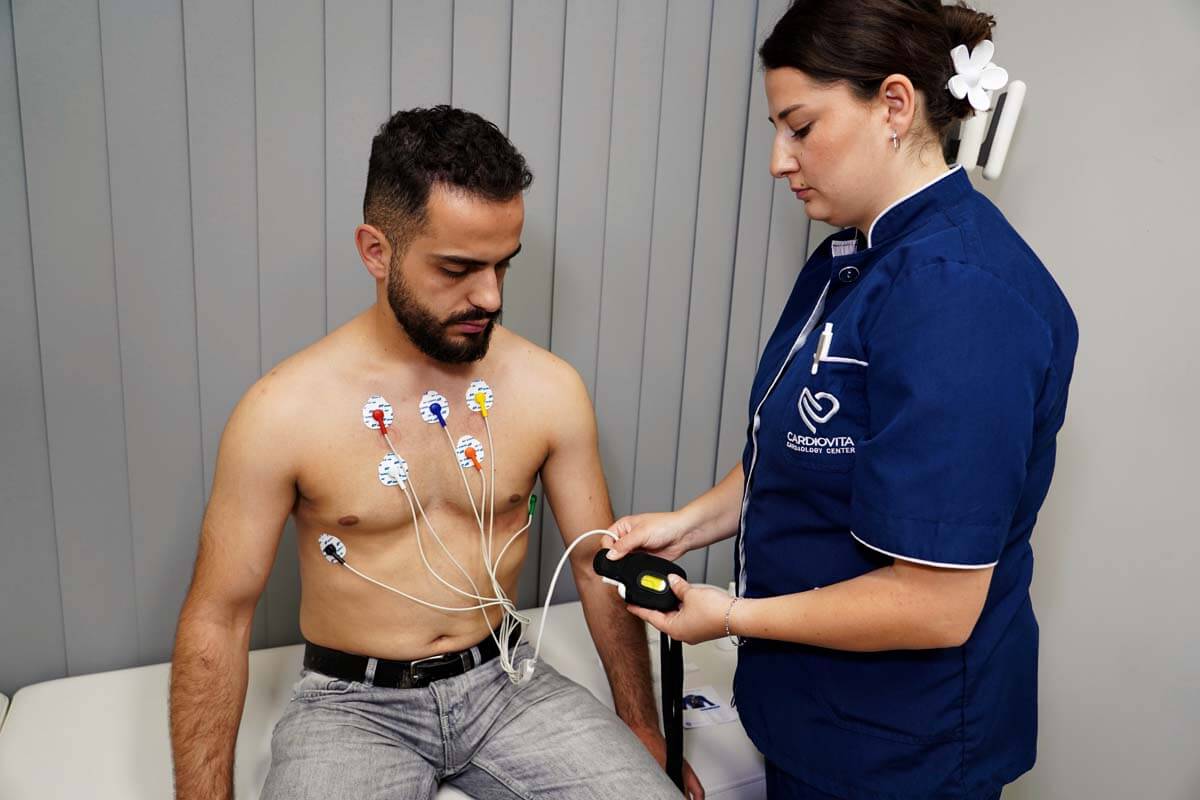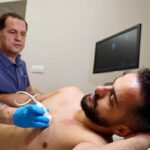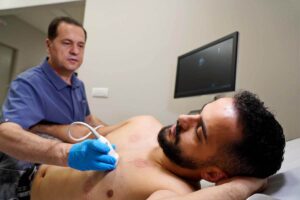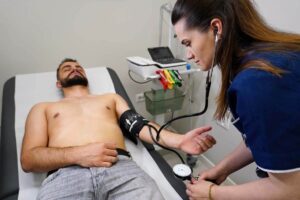
There are numerous diagnostic methods used by cardiologists in the process of detecting heart problems, and Holter ECG is one of the most commonly used.
Using this method, it is possible to obtain valuable information about the way the patient’s heart is functioning, whether it skips or accelerates while he is engaged in normal daily activities.
If you or someone close to you needs to visit a cardiologist soon for this reason, you will surely be interested in how to prepare for a Holter ECG.
What is an ECG of the heart?
An EKG or electrocardiogram is a painless, safe and non-invasive diagnostic method in which the heart’s electrical signals are recorded on paper or viewed on a computer.
An EKG is usually done in the doctor’s office and the recording does not take long, so it is sometimes difficult to notice deviations in the work of the heart, because it may happen that the problem is not active at that moment.
What is a Holter ECG?
A Holter is actually a device the size of a mobile phone, which is connected to electrodes by wires and its task is to record the electrical activity of the heart for a long period of time, from 24 hours to 72 depending on the need.
Holter ECG of the heart is a painless, safe, non-invasive diagnostic method, so patients should not be afraid if it is recommended to them.
The doctor will suggest this method to the patient if the ordinary EKG cannot detect irregularities in the work of the heart and a longer time is needed to record and monitor the activity of the heart.
The most common candidates for a holter are patients who at certain times feel that their heart is working irregularly or have fainting spells or some other symptoms that raise the suspicion of the existence of heart disease.
When does a doctor recommend a heart holter?
There are numerous reasons why your doctor may recommend this diagnostic method. Among the most common are:
- palpitations
- heart palpitations
- rapid pulse
- dizziness
- fainting
- loss of consciousness
- loss of breath
- chest pain
All these symptoms actually belong to the symptoms of cardiovascular diseases and therefore it is very important that doctors first check the condition of the heart.
Patients who have had a heart attack or have some kind of heart disease are often recommended a holter monitor so that the cardiologist can have insight into the condition of the heart and how it is responding to therapy.
Monitoring the effects of therapy in people with diagnosed arrhythmias also cannot be effective without a cardiac holter.
Candidates for this method in certain time intervals will also be people with an implanted pacemaker, because it is necessary to check the operation and efficiency of the pacemaker.
How to prepare for Holter?
By reading the previous lines, you have already done a lot of preparation. You saw the advantages of this diagnostic method and learned that it is non-invasive, safe and painless!
This is very important to access this method easily.
Before putting the device on, you should take a bath, as you will not be able to do this while you have the heart holter on your body. It’s not hard to take off, but you’ll hardly be able to put it back on properly after a shower.
A trained technician will insert the Holter and remove the device when you return to the office after 24 hours or more, depending on the cardiologist’s instructions.
Men often have to shave their chest area so the electrodes can be attached to the body.
After the electrodes are placed, they are connected to the device by wires, which you can fasten around your waist. Holter and electrodes will not even be noticed under clothes.
If necessary, the technician should explain to you any doubts you have regarding the use of the device, because it is in everyone’s interest that the recording is successful.
While wearing the halter it is necessary to keep an activity log. You should write down what you did during which period, and especially you should write down and describe if you feel any discomfort. By comparing the diary and the information from the holter, the cardiologist will get a bigger picture of your condition.
What to expect after Holter?
After your Holter ECG is removed, your doctor analyzes the results and your activity log and makes a diagnosis or refers you for further tests.
Sometimes the data obtained in this way will be sufficient for a diagnosis, so you will be recommended therapy and the frequency of cardiac controls.




